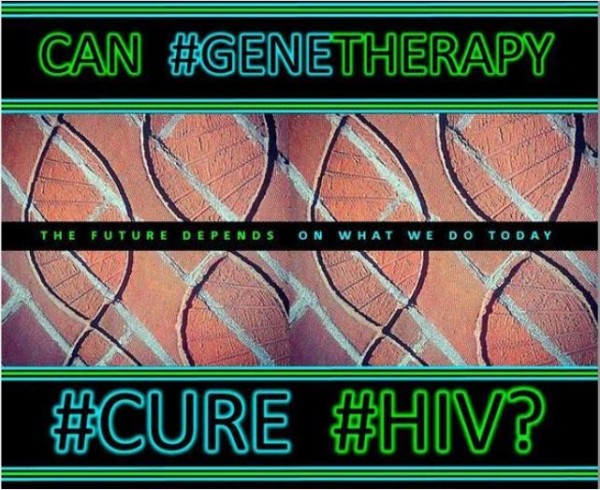The University of Washington AIDS Clinical Trials Unit is looking for a few good men and women for an important study on the effects of cannabis consumption on HIV-negative and HIV-positive people! This IS a paid study!
There are looking for some very specific kinds of people though….read more about the what the study entails:
The UW AIDS Clinical Trials Unit is looking for HIV-negative women and men as well as HIV-positive women and men on meds with an undetectable viral load for 2 years to volunteer for a paid study to see if cannabis use impacts inflammation in the body, abnormalities or dysfunction in the rectum or colon, and the size of the HIV reservoir, as well as compare the gut microbiomes of HIV-negative and HIV-positive people.
YOU DO NOT HAVE TO USE CANNABIS IN ORDER TO PARTICIPATE IN THIS STUDY!
We need people who use cannabis, of course; but we also need people who do not it, so we may set up balanced comparisons to show whether cannabis has an effect in people living with HIV.
The same goes for being HIV-negative. We need HIV-negative people so that we may accurately compare them with the people living with HIV.
If you want more information or wish to discuss more about the study, call us or text us at206-773-7129.
Or read below!
MORE ABOUT THIS STUDY
Despite being undetectable, people living with HIV have ongoing inflammation, which is the body’s reaction to infection, a state where some of the immune cells remain constantly activated.
As well, HIV damages the lining of the intestines soon after infection. This damage also leads to chronic inflammation, which can allow chemical messengers and bacteria in the gut to migrate through the wall of the intestines and get into the blood.
HIV thus sets up a vicious cycle of mucosal damage in the gut, chronic inflammation, and overall immunological dysfunction.
Cannabis and its derivatives are commonly used to treat gastrointestinal ailments in HIV, including promoting appetite and decreasing nausea. Cannabis use also promotes mucosal health and cannabis derivatives (cannabinoids) show robust anti-inflammatory activity in immune cells.
However, clinical investigations of the impact of cannabis on the microbiome have not been conducted. We know the important role that the microbiome plays in health and that it changes in the context of HIV.
For these reasons, it is important to investigate the impact cannabis may have on the microbiome as well as on HIV.
Understanding the mechanisms by which cannabis affects inflammation and/or HIV reservoirs may help develop new interventions to improve health in people living with HIV.
Length of Study: Approximately 2-4 weeks
Schedule of Study Appointments: One screening visit, followed by one procedure visit
Medications while On Study: Optional sedative during procedure visit
Study Procedures: Blood draws, self-collected rectal swabs and stool sample, and flexible sigmoidoscopy with colonic sponge sampling and biopsies
Reimbursement: Participants will receive up to $250 after completing all study procedures
You could be eligible for this study if you meet the following requirements:
FOR HIV-NEGATIVE WOMEN & MEN, INCLUDING TRANSGENDER WOMEN & MEN:
- You are 21-70 years old
- You sometimes don’t use condoms with your sex partners or have a partner living with HIV
- No cannabis requirement—you can use any amount per week, or not use it at all.
- No other illicit drug use in the past 12 months, nor chronic opioid use
FOR HIV-POSITIVE WOMEN & MEN, INCLUDING TRANSGENDER WOMEN & MEN:
- You are 21-70 years old
- You are on HIV meds with an undetectable viral load for at least 2 years
- T-cell count is above 200
- Current use of cannabis 3 times or more per week for at least 6 months (with no other illicit drug use)
- OR you have not used cannabis or any other illicit drug use in the past 12 months
FOR BOTH GROUPS:
- No heart disease, hep C, chronic inflammatory bowel disease, autoimmune disorders, uncontrolled asthma or diabetes requiring insulin
- No chronic opioid use
- Not pregnant or breast feeding
- No antibiotics in past 3 months
- Able and willing to self-administer Fleet enemas, collect rectal swabs and stool sample at home




















